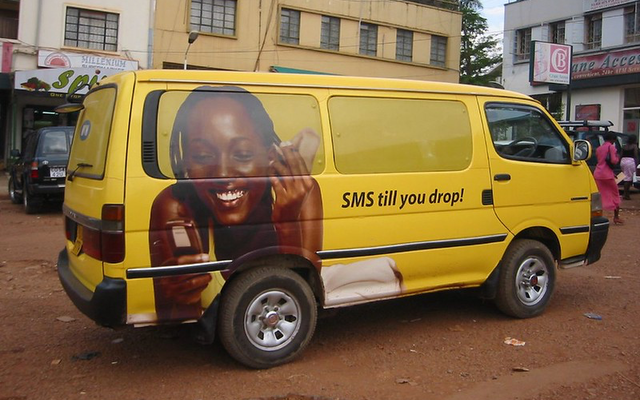How do people in poor countries use SMS text messaging in their daily life?
SMS (Short Message Service) text messaging is widely used by people in poor countries in their daily lives for a variety of purposes.
SMS text messaging is a powerful tool for communication and access to information and services in developing countries, and plays a crucial role in the daily lives of many people. For example:
- Communication: SMS text messaging is often used as a primary means of communication, especially in areas with limited or no access to other forms of communication, such as phone or internet.
- Banking and financial transactions: In many developing countries, people use SMS text messaging to access financial services, such as mobile banking, money transfers, and payments. This can be especially important for people who are unbanked or underbanked.
- Healthcare: SMS text messaging is often used to access health information and services, including telemedicine and disease surveillance. It can also be used to receive reminders for appointments and medication.
- Education: SMS text messaging is used to access educational resources, such as online courses and educational videos. It can also be used to receive updates and alerts about school closures, exams, and other important information.
- Social networking: SMS text messaging is used by many people in developing countries to stay connected with friends and family, and to share news and information.
3 Examples of Inclusive Digital Transformation in LMIC Government Services
Digital transformation is often hailed as a game-changer for efficiency and innovation in both public and private sectors. However, in many developing countries,...
Proven: Video Changes Farmer Behavior Better than IVR or SMS
Agricultural advisory services generally rely on interpersonal knowledge transfers by agricultural extension agents who visit farmers to provide information. This...
Giving Thanks to 8 Communications Platforms that Changed ICT4D
Today in the USA it is the Thanksgiving holiday, which historically was a day we gave thanks for a bountiful summer harvest and successful preparations for winter....
4 Benefits of Text Messaging Applications for Education Programs
The Rapid Evidence Review of Messaging Apps, SMS & Social Media from the EdTech Hub provides an overview of existing research on the use of mobile phone-based...
How African Governments and Citizens Spar Over Digital Civic Spaces
Civic space remains open in only two of Africa’s 54 countries. The reduction in safe public spaces in which democratic debate can take place represents a breach...
How to Safely Collect Data Remotely During COVID-19 Digital Response
Please RSVP Now to learn more about data collection solutions at the Global Digital Development Forum on May 5. Our amazing agenda features multiple sessions dedicated...
10 Tips for Better Remote Data Collection with Mobile Phone Surveys
Many international development organizations invest heavily in phone-based surveys to gather high-quality feedback and project evaluation data. When done correctly,...
Successful Low-Tech Educational Solutions in COVID-19 Digital Response
The COVID-19 pandemic paralyzed education systems worldwide; at one point, school closures forced over 1.6 billion learners out of classrooms. While smaller in...
4 Key Findings: Smallholder Farmer Use of Mobile Phones for Agriculture
ICTforAg services and solutions disseminated through mobile phones offer the promise to connect millions of smallholder farmers and improve their access to agricultural...
10 Digital Health Technology Solutions for Global COVID-19 Response
Global coronavirus infections now exceed 120,000 confirmed cases in 119 countries, with over 4.300 deaths from COVID-19. There are also more than 66,500 people...












